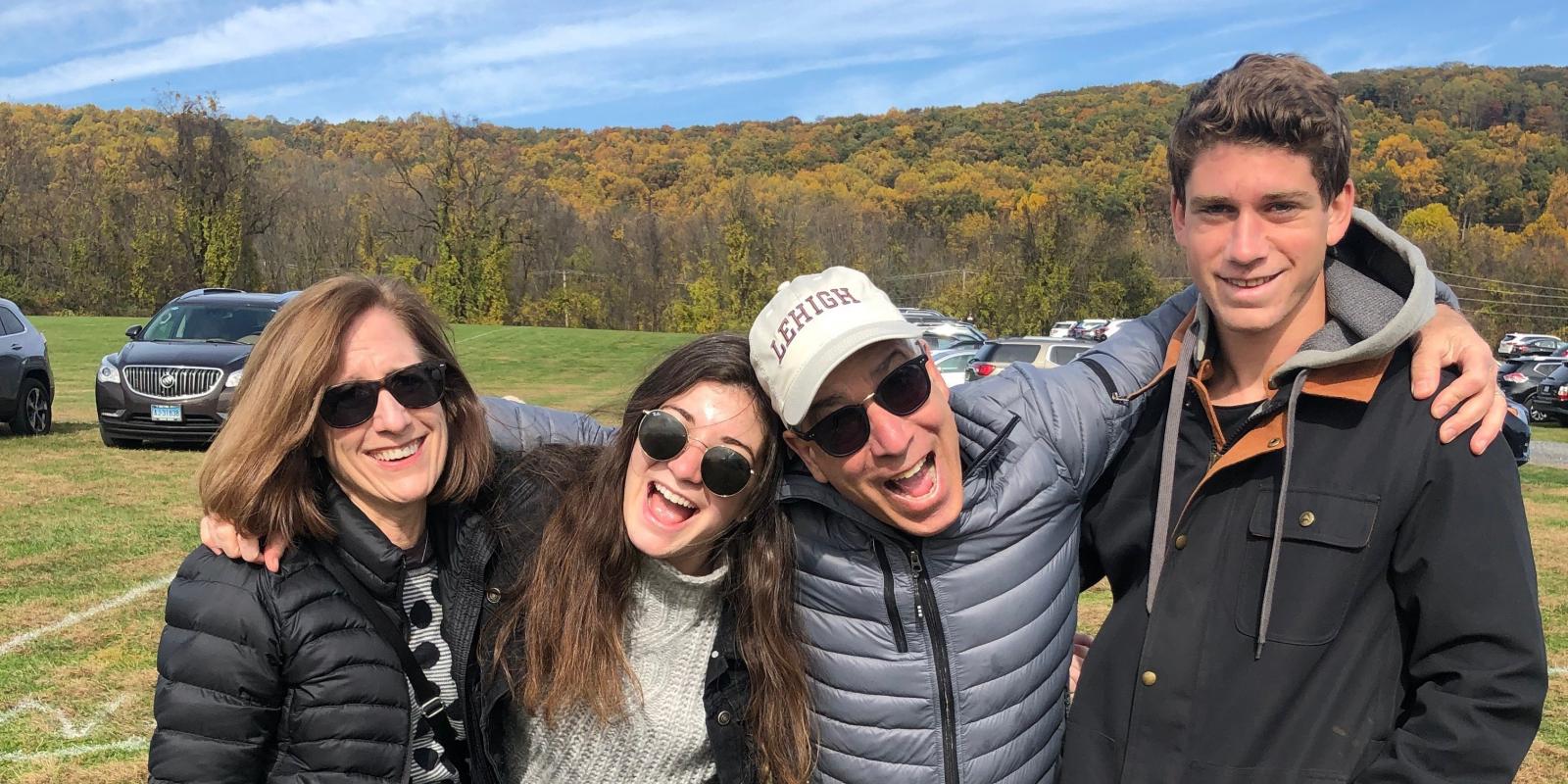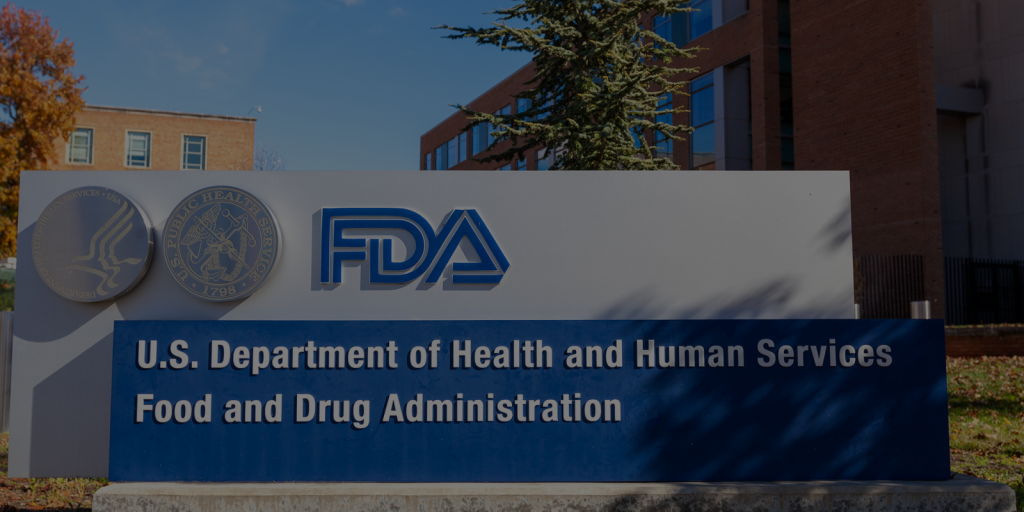I turned 60 this past Sunday, 60 years to the day President John F. Kennedy was elected. But this post isn’t about elections, god forbid. It’s about how I feel as a staffer at ASA on turning an age directly in line with our work (according to AARP 10 years past the fact), even if the general conceit is that we’re not older until we hit age 65.
I don’t “feel” old, as they say, but what is old, anyway? I feel good, likely due to some lucky genes and a propensity for eating all the right things and still running four to five days a week, plus lifting weights. Yes, I’m of that privileged class that grew up knowing this was what we were supposed to do (my mother studied nutrition at Cal) and both my parents were exercise fans, if not nuts. Exercise wasn’t a choice, but a family value, as was going outside as much as possible.
And I’m of that lucky class that had the resources and lived in a neighborhood where such opportunities as tennis courts and well-stocked grocery stores were common. I also benefited from a college education, although it took me awhile to figure out how to use it. And I now benefit from a stable, happy loving relationship with a kind human who respects me, and am thrilled to have two so-far trouble-free children in college. Life is good, and I recognize how my earlier conditions have led me here.
But what have I learned from those who reached this milestone before me? And those I have the privilege of working with at ASA? A few million lessons, it turns out.
I learned from my sister, who never made it past age 56, that if you’re born with the bipolar gene and a rare genetic anomaly in your heart, life will conspire against you. You may become an incredible artist, but also a self-medicating alcoholic smoker who’s not fond of the doctor and thus goes undiagnosed regarding the heart until it’s very late.
I learned from my dad, who died after eight long years living with Alzheimer’s, that it first robs you of your wacky sense of humor and then of everything else. Only with a wife who has the physical and mental fortitude of three humans can you choose to live in your house until you fall, hit your head and fail to recover.
I learned from my mom that, if at age 87 you fall off a step stool and hit your head on the hard tile floor brain surgery will fix the cranial bleed, but it will leave you cognitively intact yet paralyzed for three years on hospice in a board-and-care home. Also, if you’re my mom, these years can be lived with grace and kindness toward all staff and visitors, as long as the Tennis Channel is available.
I learned from my brother, who’s very much alive, that if you’re born with the same bipolar gene and heart defect as our sister you can continue to live a full healthy life if you find a great love who ensures you go to all preventive doctor visits, and your heart surgery goes as planned. You will also manage so far to conquer melanoma, bladder and thyroid cancer.
I learned from my other sister that removing a benign brain tumor can leave you without hearing in one ear and a slight but permanent facial paralysis on one side. But, if you, again, like our mother, are made of the toughest stuff, this will not stop you, after retiring from 40 years teaching English as a second language, from running a nonprofit that advocates for asylees and immigrants to get out of detention centers that shouldn’t exist in the first place.
I learned from more people than I can possibly mention who I’ve met through ASA that passionate interest in one topic will likely keep a person working, happily, well into their 70s, 80s and beyond. I learned from interviewing countless leaders in aging across 2020 that their continued advocacy and inspiration is not just impressive but contagious. And I learned they are by and large kind, and genuine, and can’t imagine doing anything else.
I learned that interviewing people in the trenches of aging, those who work directly with older adults, can be one of the most mind-blowing things I do on a regular basis, and never fails to energize me. These people work so hard bringing to others the same opportunities for a full life from which my family and I have so benefited.
I learned to be overprepared for any interview I conduct, as all of these people (from direct-care workers to CEOs to university professors to people who run AAAs) are smart, well-informed, and don’t suffer fools. They’re also more often than not highly amusing.
I learned from new staffers and bosses at ASA that passion can be seemingly boundless. Passion for older adults, especially, but also passion for politics and racial justice and equity and for disability rights and LGBTQ rights and for trying to do things the right way, if possible, always.
I learned that I’m grateful to do my small part in this world of aging, and now that I’ve crested this personal milestone, I’m determined to do more.
Alison Biggar is ASA’s Editorial Director.













